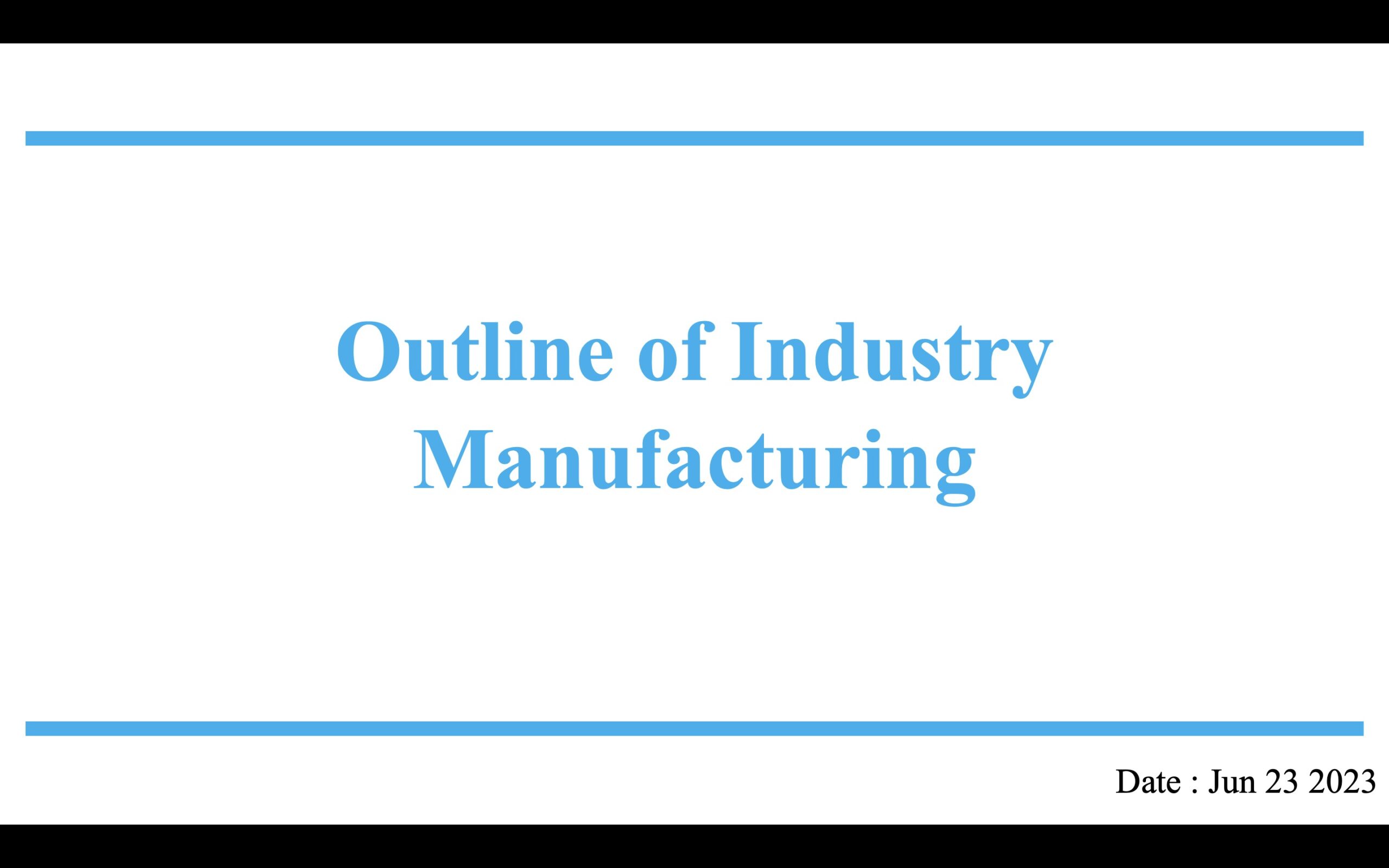Manufacturing refers to the process of producing goods and products through the use of raw materials, labor, and machinery. It is one of the most important drivers of economic growth, as it creates jobs, generates income, and contributes to national competitiveness. Manufacturing has a long and rich history, dating back to the earliest civilizations, and has been a key factor in the development of modern economies.
The manufacturing process typically involves several stages, including design, materials procurement, production, assembly, quality control, and distribution. The success of a manufacturing operation depends on many factors, including the quality of raw materials, the efficiency of production methods, and the availability of skilled labor and machinery.
One of the key benefits of manufacturing is its ability to create jobs and drive economic growth. The manufacturing sector provides employment opportunities for a wide range of workers, including engineers, technicians, production workers, and support staff. Additionally, the presence of a strong manufacturing sector can help to attract other related industries, such as suppliers and service providers, which can further boost economic activity and job creation.
Another important aspect of manufacturing is its role in promoting innovation and technological progress. The manufacturing sector is often at the forefront of technological development, as companies seek to improve the efficiency and competitiveness of their production methods. This, in turn, drives innovation and progress in related fields, such as materials science, robotics, and information technology.
Furthermore, manufacturing is critical to the development of national competitiveness. Manufacturing operations often produce goods and products that are in demand both domestically and internationally. By participating in global markets, manufacturing companies can help to generate export income, support economic growth, and promote the competitiveness of their countries.
Despite its many benefits, manufacturing also faces a number of challenges. One of the biggest challenges facing the manufacturing sector is the need to stay competitive in a rapidly changing global market. Companies must be able to respond quickly and effectively to shifts in consumer demand, as well as changes in technological and economic trends, in order to remain competitive.
In addition, the manufacturing sector is subject to increasing levels of competition from lower-cost countries, which can put pressure on companies to reduce costs and improve efficiency. This can lead to the outsourcing of production to countries with lower labor costs, which can have a negative impact on job creation and economic growth in developed countries.
Another challenge facing the manufacturing sector is the need to adopt sustainable production methods. Companies must be mindful of the environmental impact of their operations and seek to reduce waste, conserve energy, and minimize their carbon footprint. This can require significant investment in new technologies and production methods, which can be challenging for companies with limited resources.
Despite these challenges, manufacturing remains an important part of many economies. In order to promote its competitiveness and sustainability, it is important for countries to adopt policies and regulations that support the development of the manufacturing sector. This can include measures such as providing access to financing, training and technical assistance, and market development support.
In conclusion, manufacturing refers to the process of producing goods and products through the use of raw materials, labor, and machinery. Manufacturing is a key driver of economic growth, as it creates jobs, generates income, and contributes to national competitiveness. Despite the challenges faced by the manufacturing sector, such as competition from lower-cost countries and the need to adopt sustainable production methods, it remains an important part of many economies. To promote its competitiveness and sustainability, it is important for countries to adopt policies and regulations that support the development of the manufacturing sector.



Comment